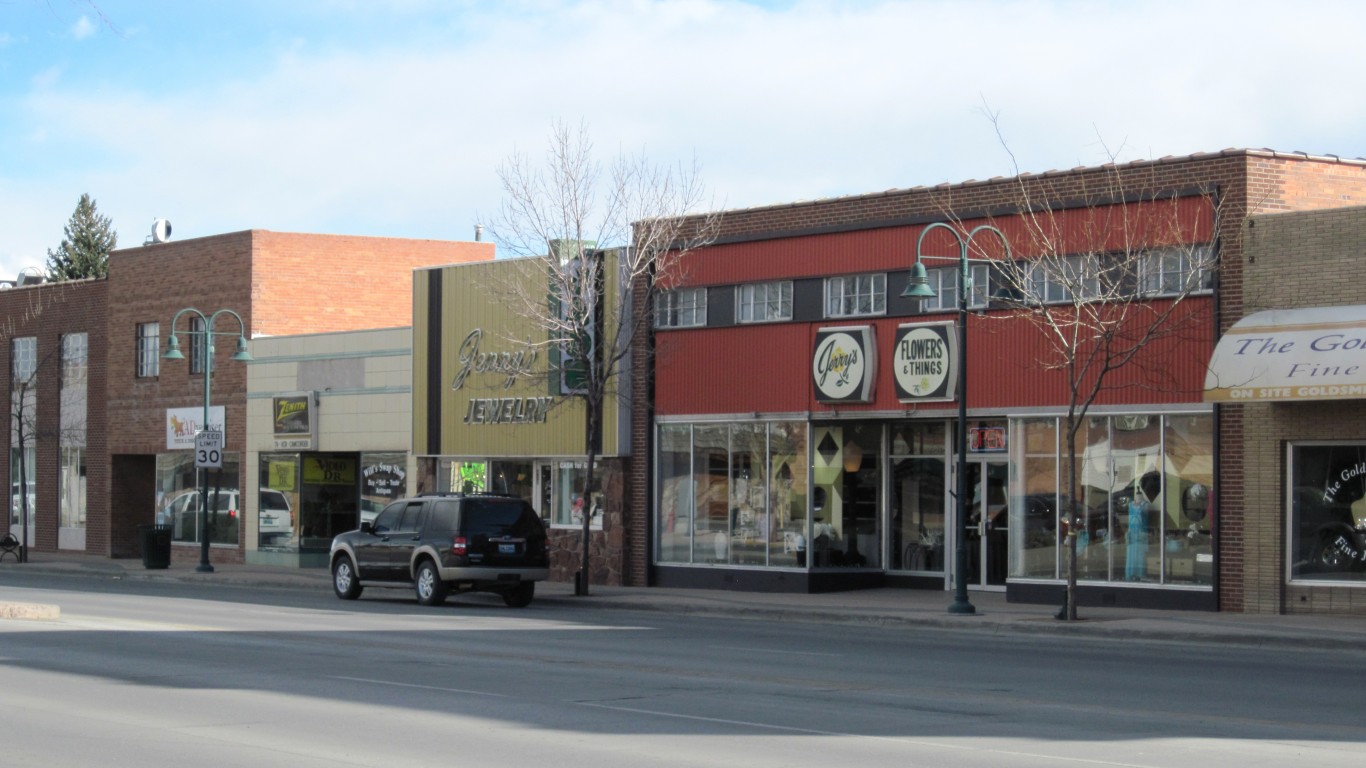Economy
January Small Business Optimism Tumbles as Uncertainty Climbs

Published:
Last Updated:

The National Federation of Independent Business (NFIB) Tuesday morning reported that its small business optimism index for January dipped from 104.4 in December to come in at 101.2. Last August the index reading of 108.8 was the highest in the 45-year history of the index. The consensus estimate from economists had called for the January index to slip to 103.
The percentage of business owners who now expect the economy to improve in the next six months fell from 16% in December to 6% in November. The percentage of small business owners who expect sales to rise over the same period dropped from 23% to 16%. The January six-month outlook is the lowest since Donald Trump’s election and has plummeted from a two-year high of 50% in December 2016.
Some 36% of small business owners reported raising employees’ pay in the past three months. That’s up one point on a seasonally adjusted basis compared with December, but still down slightly from last September’s all-time high 37%. Since December, net compensation projections have dropped four points to 20%.
The four “hard” measures of the index posted mixed results last month. The month-over-month job creation component fell five points to 18%, the job openings component fell four points to 35%, capital spending plans rose a point to 26% and plans to increase inventory investment fell seven points to just 1%.
NFIB President and CEO Juanita Duggan commented:
Business operations are still very strong, but small business owners’ expectations about the future are shaky. One thing small businesses make clear to us is their dislike for uncertainty, and while they are continuing to create jobs and increase compensation at a frenetic pace, the political climate is affecting how they view the future.
In its commentary on the October report, the NFIB noted:
Although January’s index showed some positive developments among current business conditions, the return to divided government in Washington created an inability to agree on basic policy measures. This produced the longest partial government shutdown in history, elevating the level of uncertainty, which is damaging to economic activity.
Some 35% of business owners reported job openings they couldn’t fill, down by four points month over month. Almost half (49%) reported few or no qualified applicants for available jobs, down five points from December. Nearly a quarter (23%) of business owners said finding qualified workers remains their single most important business problem.
Retirement can be daunting, but it doesn’t need to be.
Imagine having an expert in your corner to help you with your financial goals. Someone to help you determine if you’re ahead, behind, or right on track. With SmartAsset, that’s not just a dream—it’s reality. This free tool connects you with pre-screened financial advisors who work in your best interests. It’s quick, it’s easy, so take the leap today and start planning smarter!
Don’t waste another minute; get started right here and help your retirement dreams become a retirement reality.
Thank you for reading! Have some feedback for us?
Contact the 24/7 Wall St. editorial team.